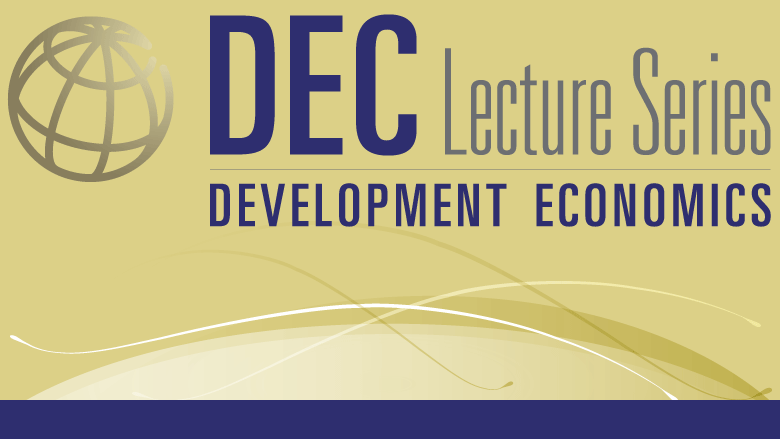
The Backlash Against Globalization
March 13, 2018
Washington, DC

-
Pinelopi Koujianou Goldberg is the Elihu Professor of Economics at Yale University. She was the Editor-in-Chief of the American Economic Review from 2011 to 2016, and Coeditor in 2017 and from 2007 to 2010. She is currently Vice-President of the American Economic Association, Member of the Executive Committee of the Econometric Society, and President of the Eastern Economic Association. She is also Member of the American Academy of Arts and Sciences, Recipient of the John Simon Guggenheim Memorial Foundation Fellowship in 2010–11 and the Bodossaki Prize in Social Sciences in 2003, Elected Fellow of the Econometric Society, Research Associate at the National Bureau of Economic Research (NBER), and Board Member of the Bureau for Research and Economic Analysis of Development (BREAD). Prior to Yale, she was faculty at Princeton and Columbia University. She has published numerous articles in the areas of applied microeconomics, international trade, and industrial organization. Her current research interests include the effects of trade liberalization on growth and the income distribution, the effects of intellectual property rights enforcement in developing countries, and the determinants of incomplete exchange rate pass-through.
-
Over the last four decades developing countries have implemented large-scale trade liberalizations and become integrated in the world trading system. The increase in global trade is presumed to have contributed to poverty reduction, growth, and structural transformation in developing countries. In developed economies, globalization is credited with lower prices and increased variety of consumer goods and intermediate products. Despite these positive effects, we have seen a strong backlash against globalization in the last five years. This talk explores the causes and consequences of this backlash. I argue that recent developments necessitate a shift in focus from aggregate gains to distributional impacts of trade, both in academic research and economic policy.
-
The Development Economics Vice Presidency (DEC) launched its lecture series in April 2005 to bring distinguished academics to the Bank to present and discuss new knowledge on development. The purpose of the Lecture Series is to introduce ideas on cutting edge research, challenge and contribute to the Bank's intellectual climate, and reexamine current development theories and practices. The Lectures revisit issues of long-standing concern and explore emerging issues that promise to be central to future development discourse. The Lecture Series reflects DEC’s commitment to intellectual leadership and openness in embracing future challenges to reduce poverty.
The DEC Lecture Series is chaired by Shanta Devarajan, Acting WBG Chief Economist and Senior Director, Development Economics, and includes a presentation and floor discussion.
Please visit DEC Lecture Series to access additional information about this event series as well as presentation materials from past talks.
Lecture Details
- Date: March 13, 2018
- Time: 12:00–1:30 PM
- Venue: MC4-800